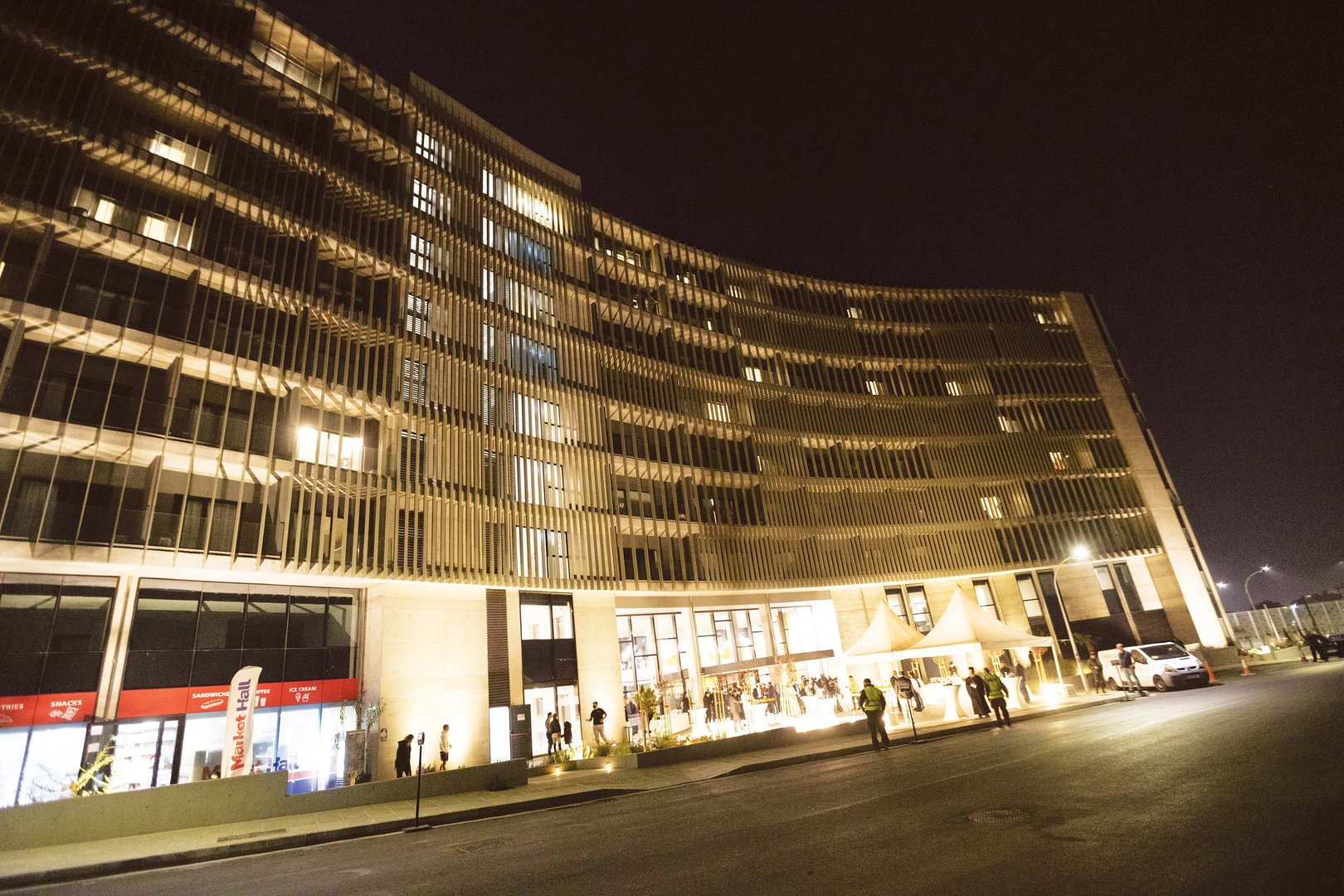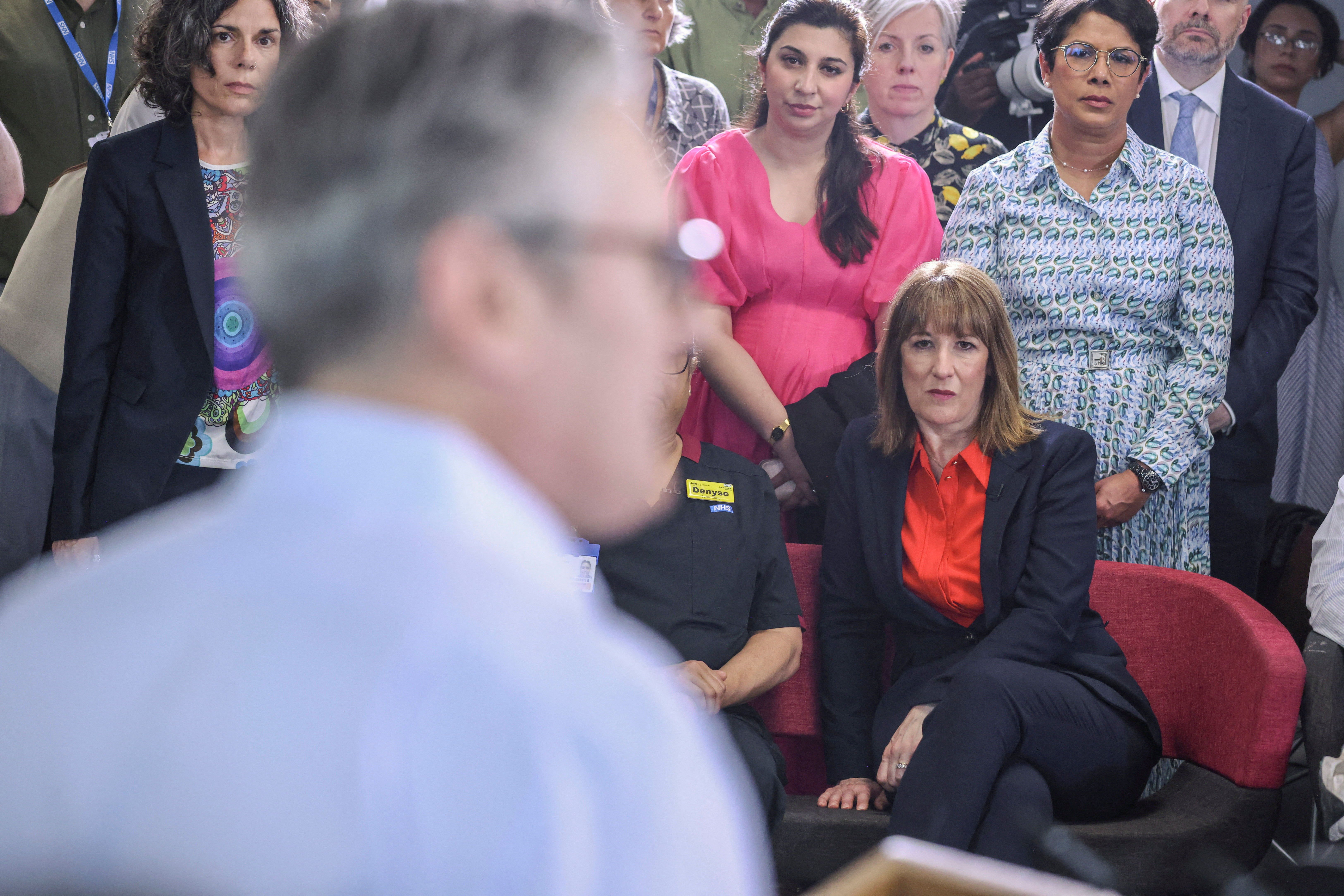Student rental accommodation costs are set to rise by €100 at dorms at the Cyprus university of technology (Tepak), meaning that the monthly rent will be €350.
Tepak manages 205 studios at the Apollonia Hall, built by the archbishopric near the Tsirio stadium, and these are set for a €100 monthly increase while other Tepak accommodation will increase depending on the type of room.
The move has caused concern amongst some in the student body who say that the rental cost increase compounds the cost-of-living difficulties faced by many in Limassol.
Angelos Demetriou of the Progressive Student Movement warned that some students may even be forced to drop out due to the high cost of living.
He further emphasised that the decision to increase the rental costs was made without consulting the student body.
“There is a significant increase in rental prices compared to last year [and] now landlords use the increase in Tepak and the Archbishop’s accommodation as an excuse for the money they’re requesting,” Demetriou told Phileleftheros.
He said that the student body is unhappy, but they have limited options available.
Senior officer at the academic affairs and student welfare service, Antonis Vrasidas emphasised that the increase to take place from September 2023 will mark the first such rise in the 15-year history of Tepak’s student accommodation.
He also added that recently renewed contracts for the buildings rented by Tepak also contributed to the decision to increase monthly rents for students.
Vrasides concluded his comments by explaining that the Apollonia dorms will continue to accommodate 100 students currently living there and another 100 new students.
As for Tepak’s accommodation, he said approximately 40 apartments will be available and that the price includes electricity, water, cleaning of common areas, and internet.
The Cyprus Mail reported in 2022 that a development is being considered at the former British settlement Berengaria in Kato Polemidia, where 500 student residences are expected to be built by 2026.







Click here to change your cookie preferences